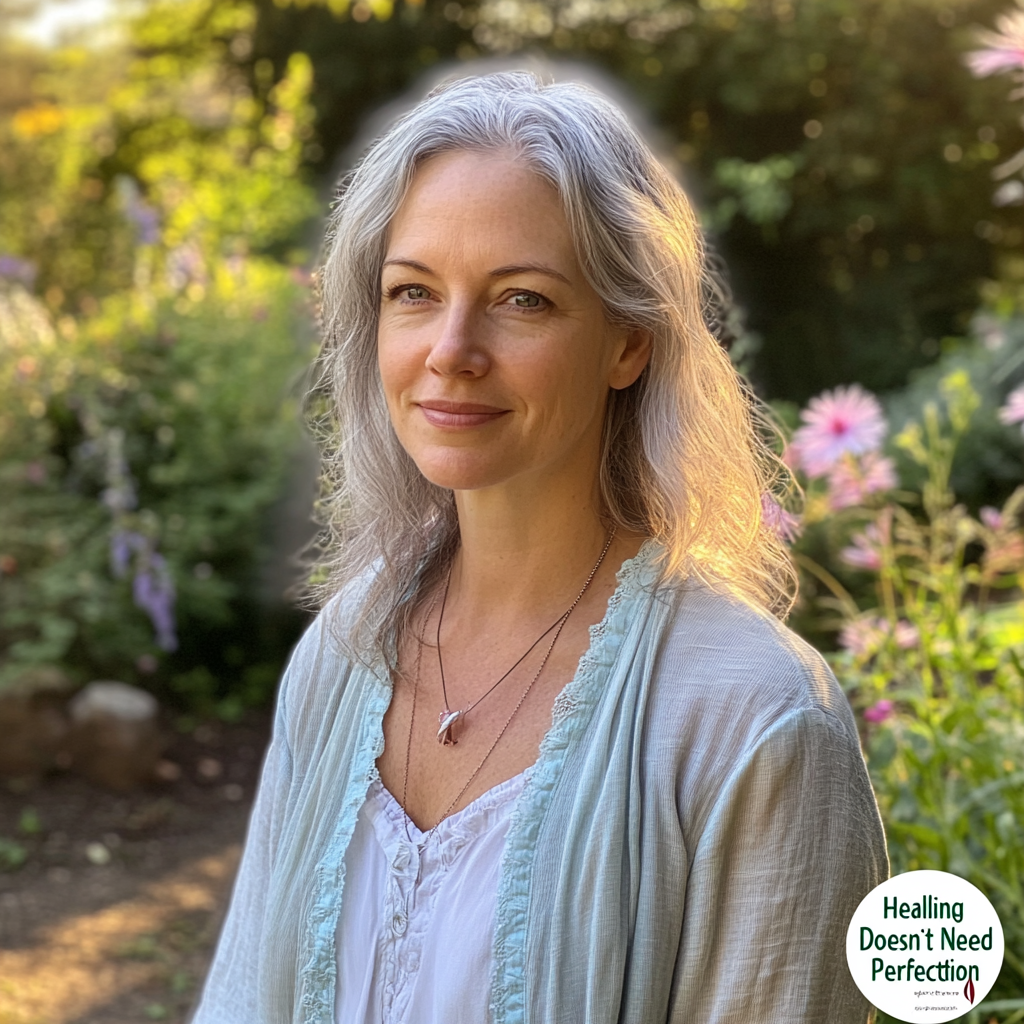 Many individuals believe that trauma defines them. They think they must carry the burden of their experiences indefinitely. This mindset leads to emotional pain and a lack of growth. For instance, someone might think, “I will never get over this.” This belief keeps many trapped in their struggles.
Many individuals believe that trauma defines them. They think they must carry the burden of their experiences indefinitely. This mindset leads to emotional pain and a lack of growth. For instance, someone might think, “I will never get over this.” This belief keeps many trapped in their struggles.
The reality is different. Healing is possible, and resilience can be developed over time. By recognizing and overcoming limiting beliefs, you can reshape your journey toward recovery.
Let’s explore three common limiting beliefs holding you back from becoming a resilient survivor.
Limiting Belief 1: “I’ll Always Be a Victim”
This belief stems from a flawed understanding of trauma’s impact.
Think about this: Is your identity solely defined by what happened to you?
Common justifications for this belief include:
“My trauma is too severe to move past it.”
“I can’t change my feelings about the event.”
“I will never be able to live a normal life again.”
This belief is not based on measurable reality. It is a narrative that limits your potential for growth.
To challenge this belief, focus on reframing your story. Reflect on your strengths and how they can help you overcome challenges.
Consider the example of a trauma survivor who uses their experiences to help others. Many who have faced adversity, like Melissa, turn their pain into purpose. She transformed her story into a foundation for support, guiding others through their trauma.
So, ask yourself: Is your past truly a prison, or can it be a catalyst for change?
The answer lies in your actions. Take steps today to redefine your narrative. Your experiences can fuel your growth and empower others.
You have the ability to reshape your identity and transcend the victim mindset.
 Limiting Belief 2: “Healing Requires Perfection”
Limiting Belief 2: “Healing Requires Perfection”
This belief stops many in their tracks.
People often think they must have all the answers before beginning their healing process. This assumption prevents progress.
Healing is an ongoing journey, not a destination.
Here are stages of growth in this process:
- You feel overwhelmed and unsure at the start.
- Gradually, you learn coping strategies.
- Over time, you adapt and build resilience.
- Ultimately, you continue evolving beyond your initial wounds.
Reframe how you view your path to healing. It’s less about perfection and more about persistence and patience.
Take inspiration from John, who struggled with PTSD. Initially, he felt inadequate in his recovery efforts. Through consistent support and adaptive techniques, he found his footing.
John focused on these actions:
- Engaging in therapy.
- Practicing selfcare.
- Connecting with supportive communities.
Reflect on your own healing journey. Are you waiting for a perfect moment, or are you willing to embrace the process?
Remember, healing is a journey where growth happens at every stage. Your imperfections are part of your unique story.
 Limiting Belief 3: “Others Understand My Path Better Than Me”
Limiting Belief 3: “Others Understand My Path Better Than Me”
Many believe that those around them have more insight into their healing journey. This can lead to a sense of helplessness.
The reality is:
- No one knows your experience like you do.
- You hold the key to your understanding and healing.
Consider this analogy: Building a recovery plan is like creating a recipe. While others can offer their favorite ingredients, only you can determine what works best.
Here are ways you control your healing journey:
- You choose which strategies resonate with you.
- You decide how much time to invest in self-reflection.
- You control the support systems you surround yourself with.
- Think of Sarah, who explored her healing through various avenues. She experimented with yoga, journaling, and therapy.
- In her journey, she found action in taking charge of her healing by:
- Tailoring her selfcare routine to her needs.
- Seeking guidance, but following her instincts.
- Allowing flexibility in her recovery strategy.
You have the power to shape your healing approach. Reflect on what works best for you. Are you relying too much on others’ perspectives?
Every individual’s path is unique. Embrace your agency; it’s key to a deeper understanding of your healing process.
In summary, these limiting beliefs can hinder your growth as a resilient survivor.
You can overcome the victim mindset, embrace the healing journey, and take control of your recovery.
Your past does not dictate your future. The power to heal lies within you.
Ready to take the next step in your healing journey? Download our free Emotional Healing Workbook, packed with practical tools and exercises to help you recover from emotional trauma. Click here to start your path to emotional well-being.




Leave a Reply